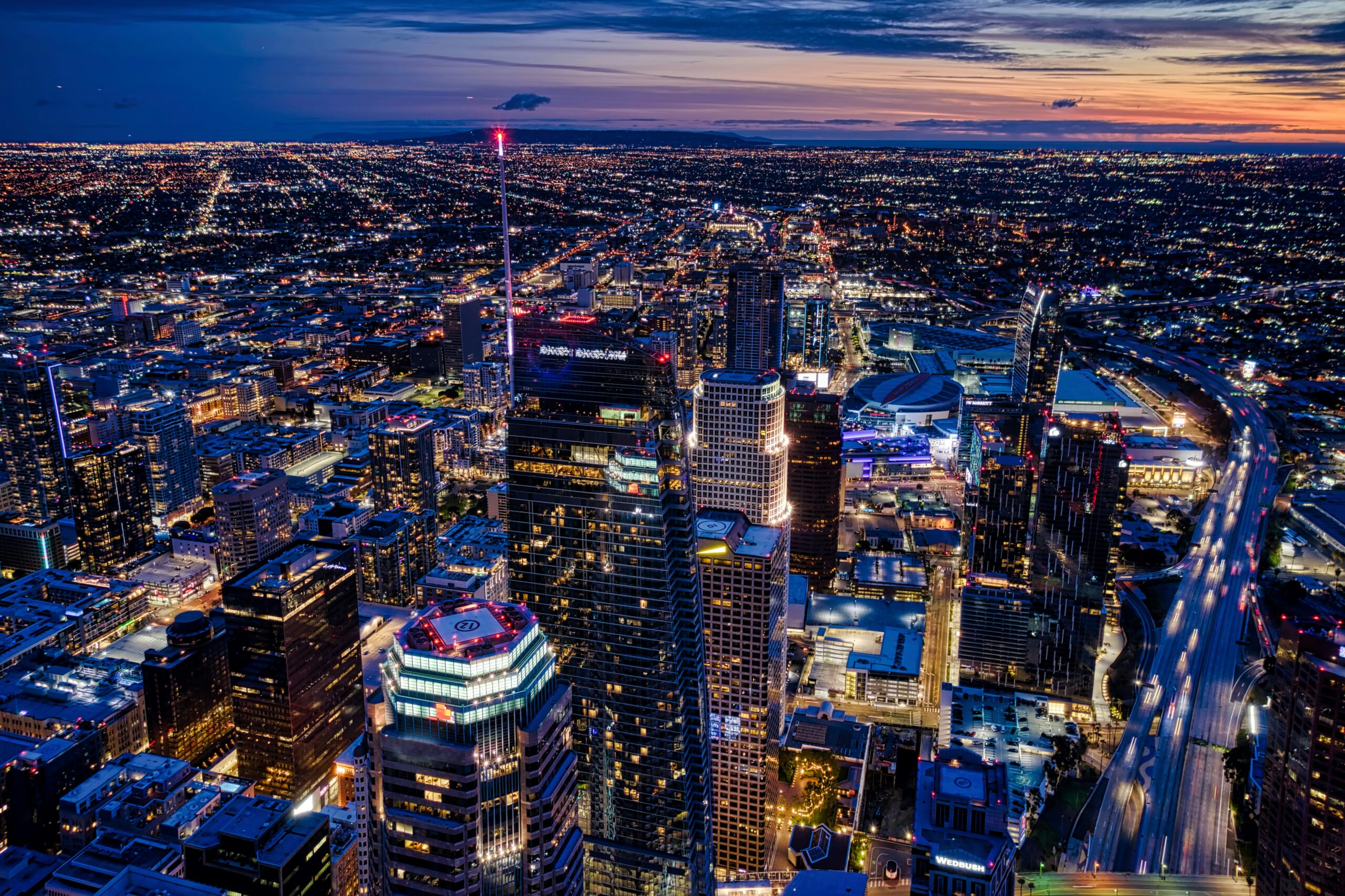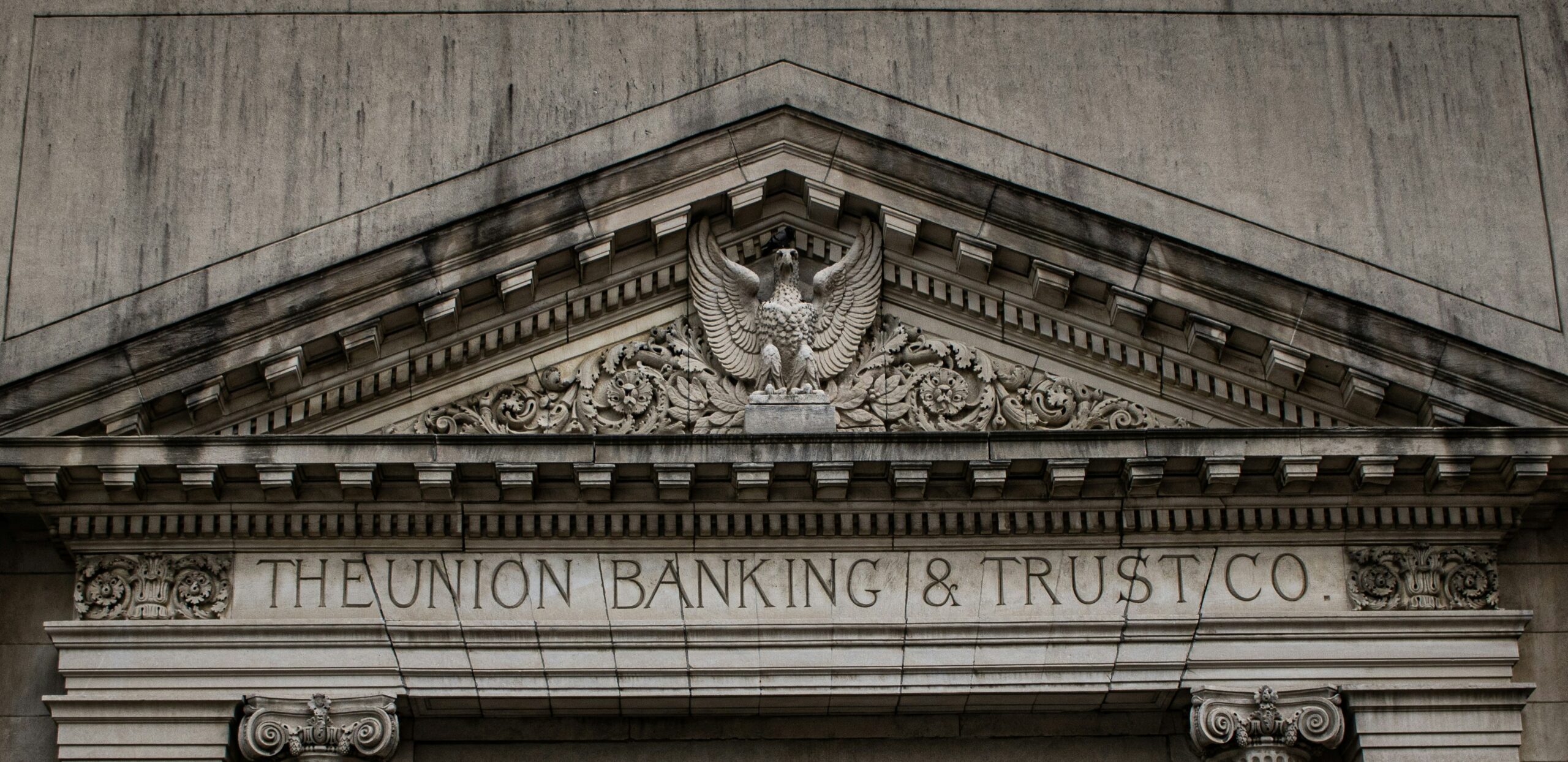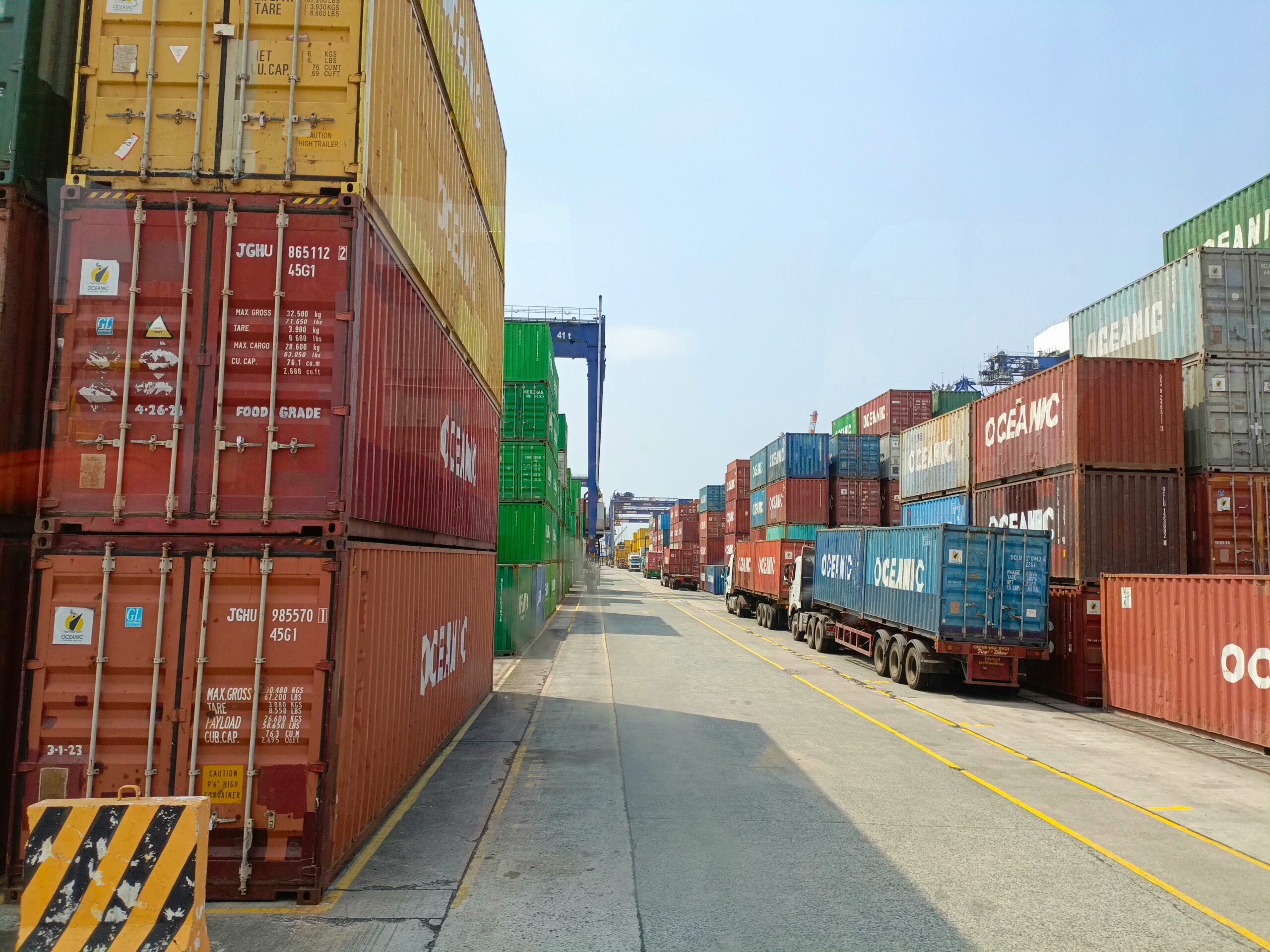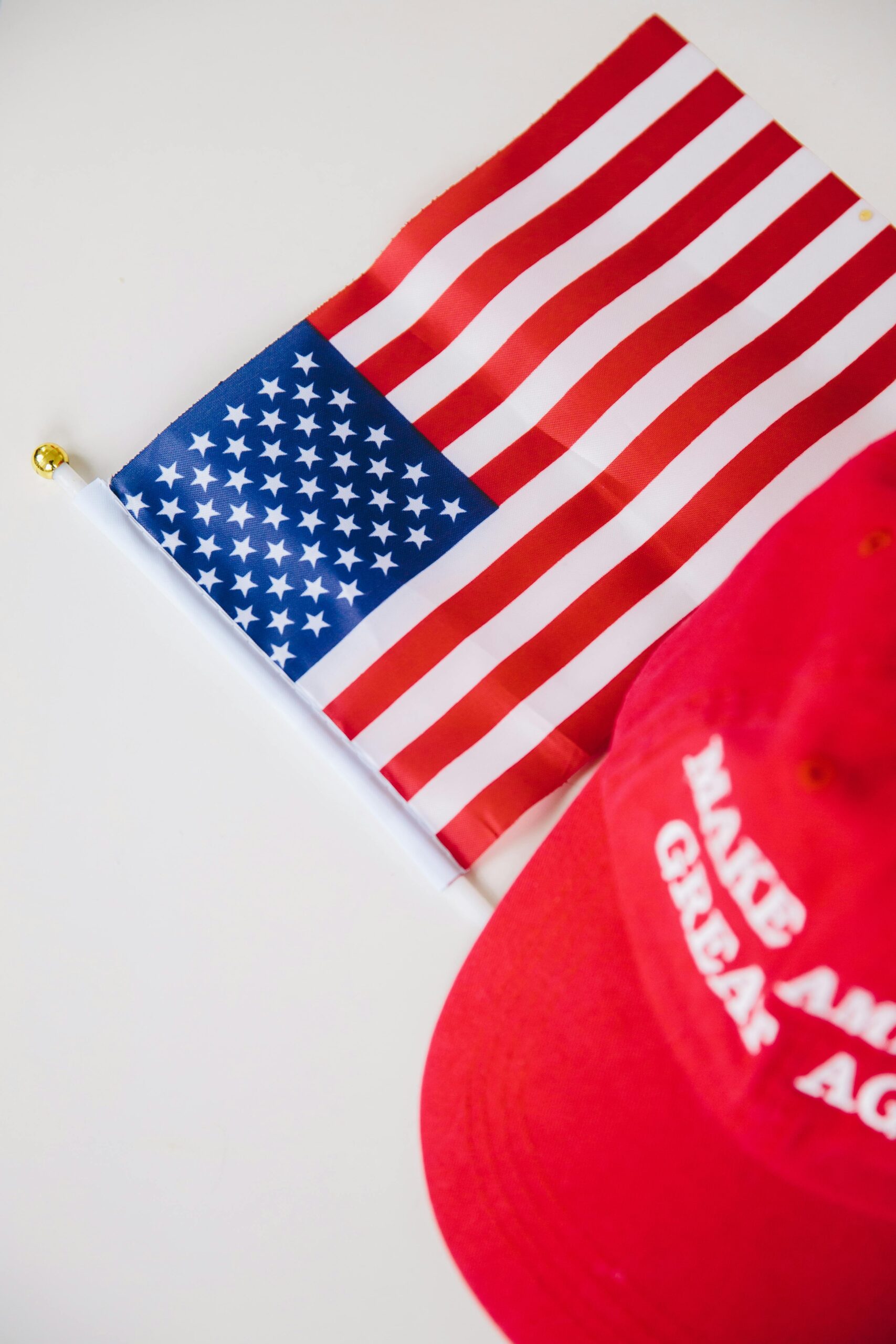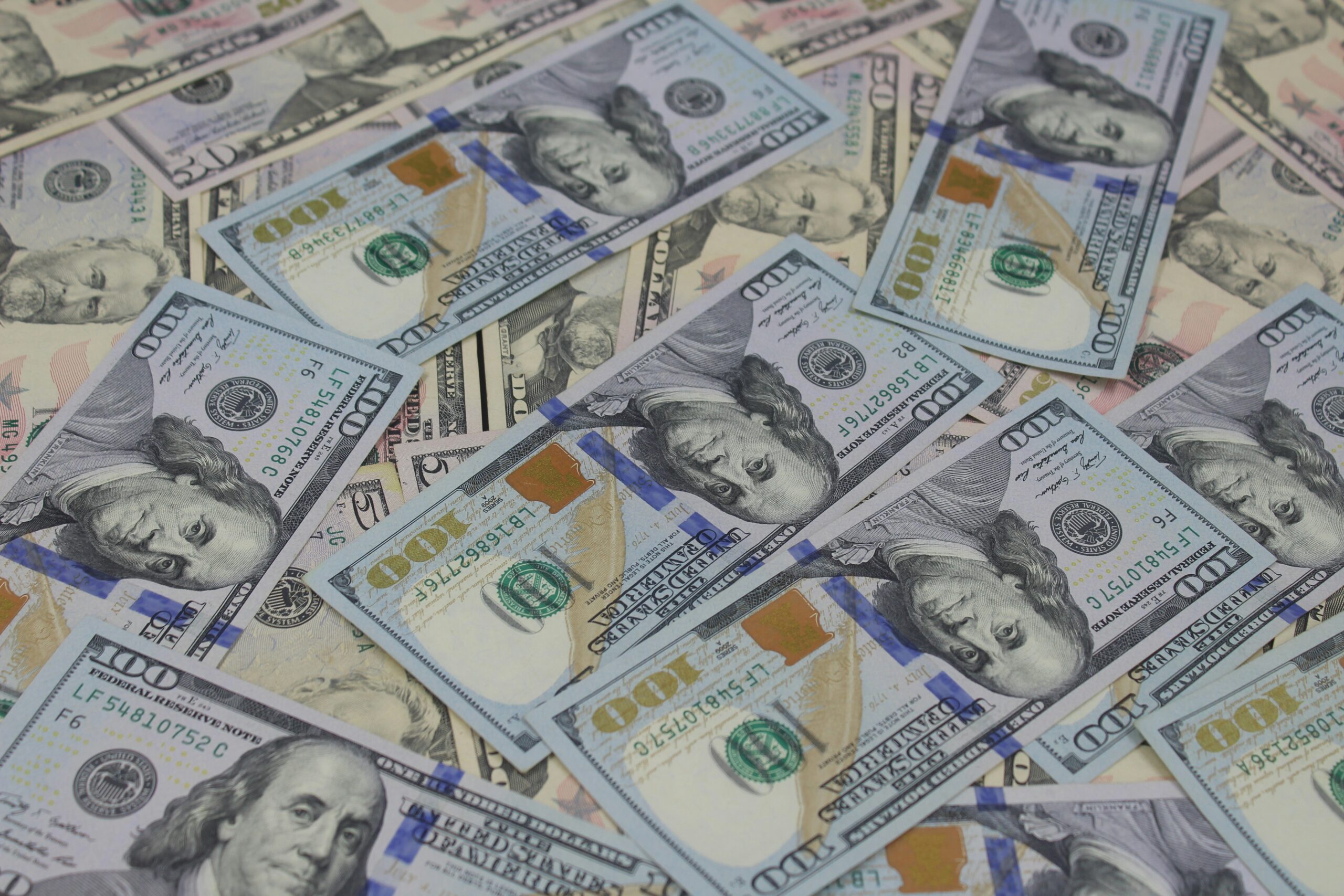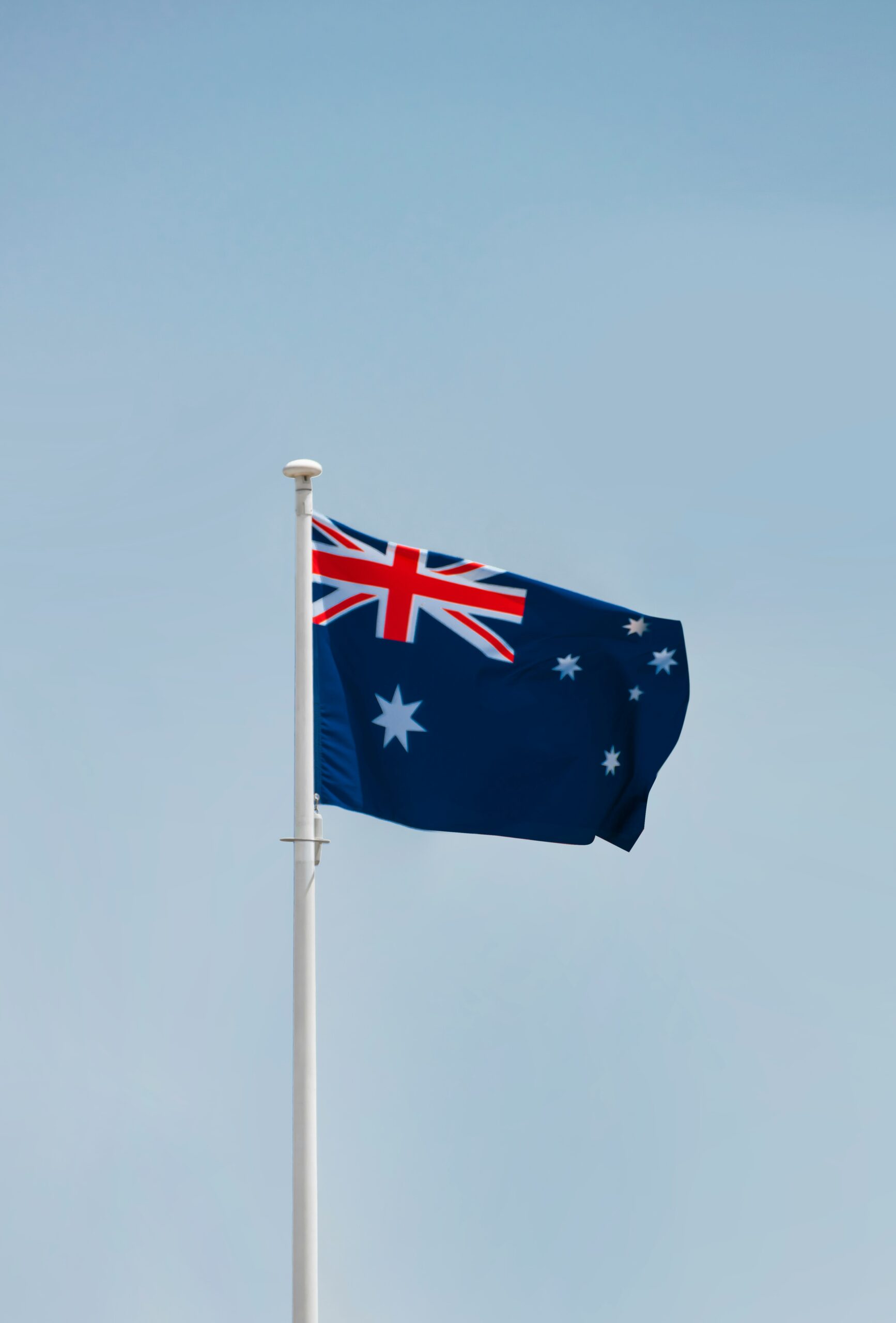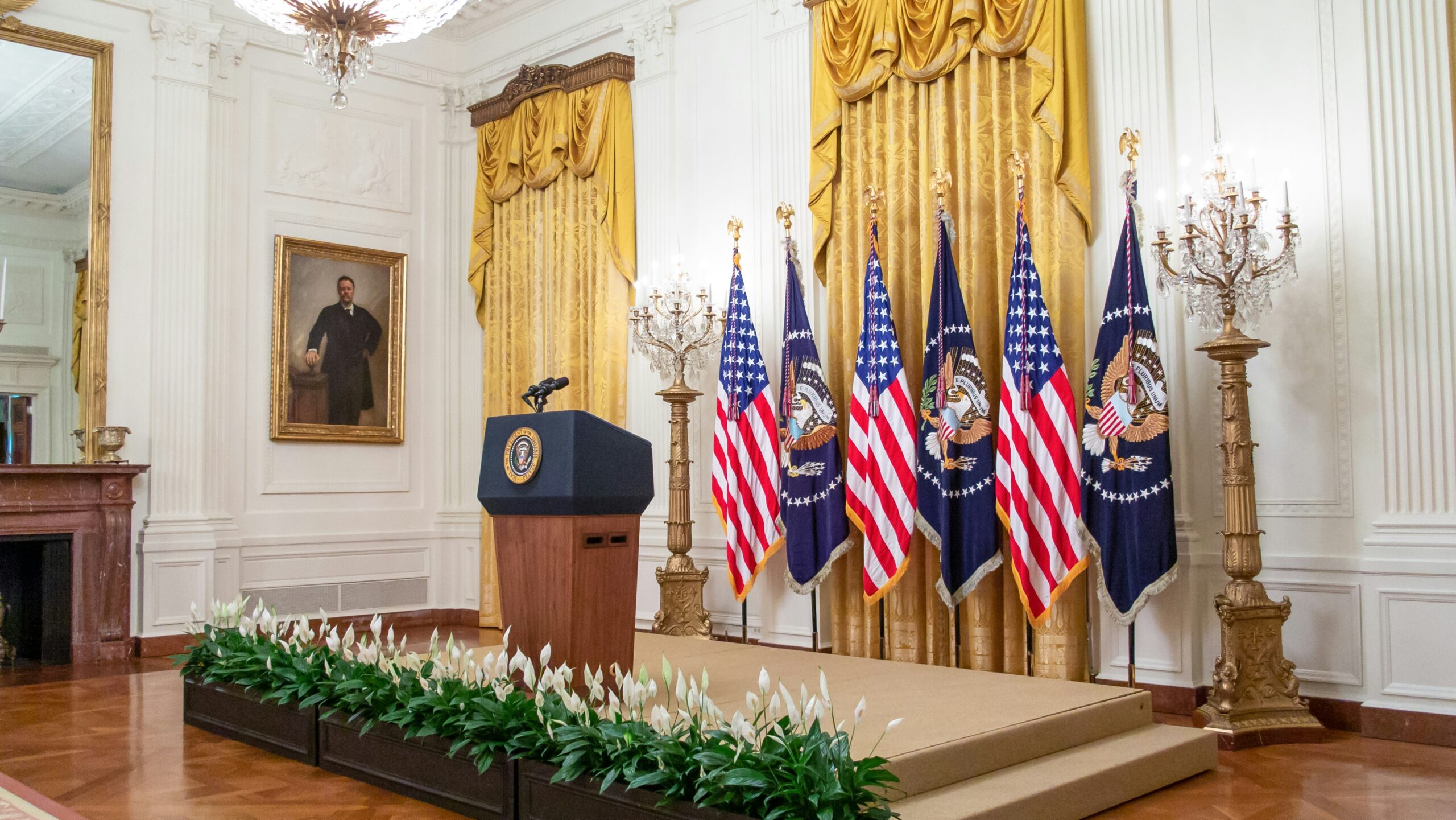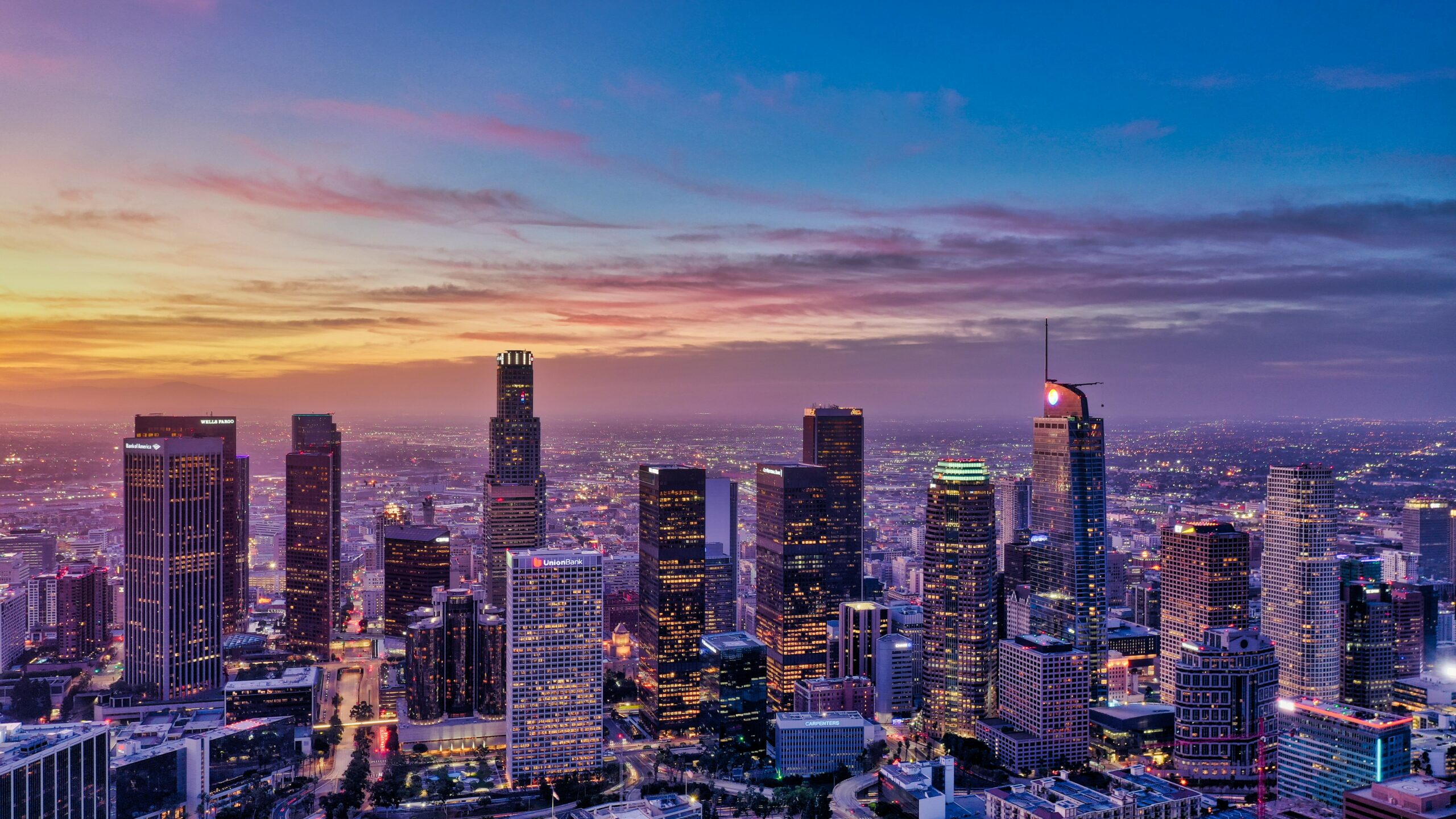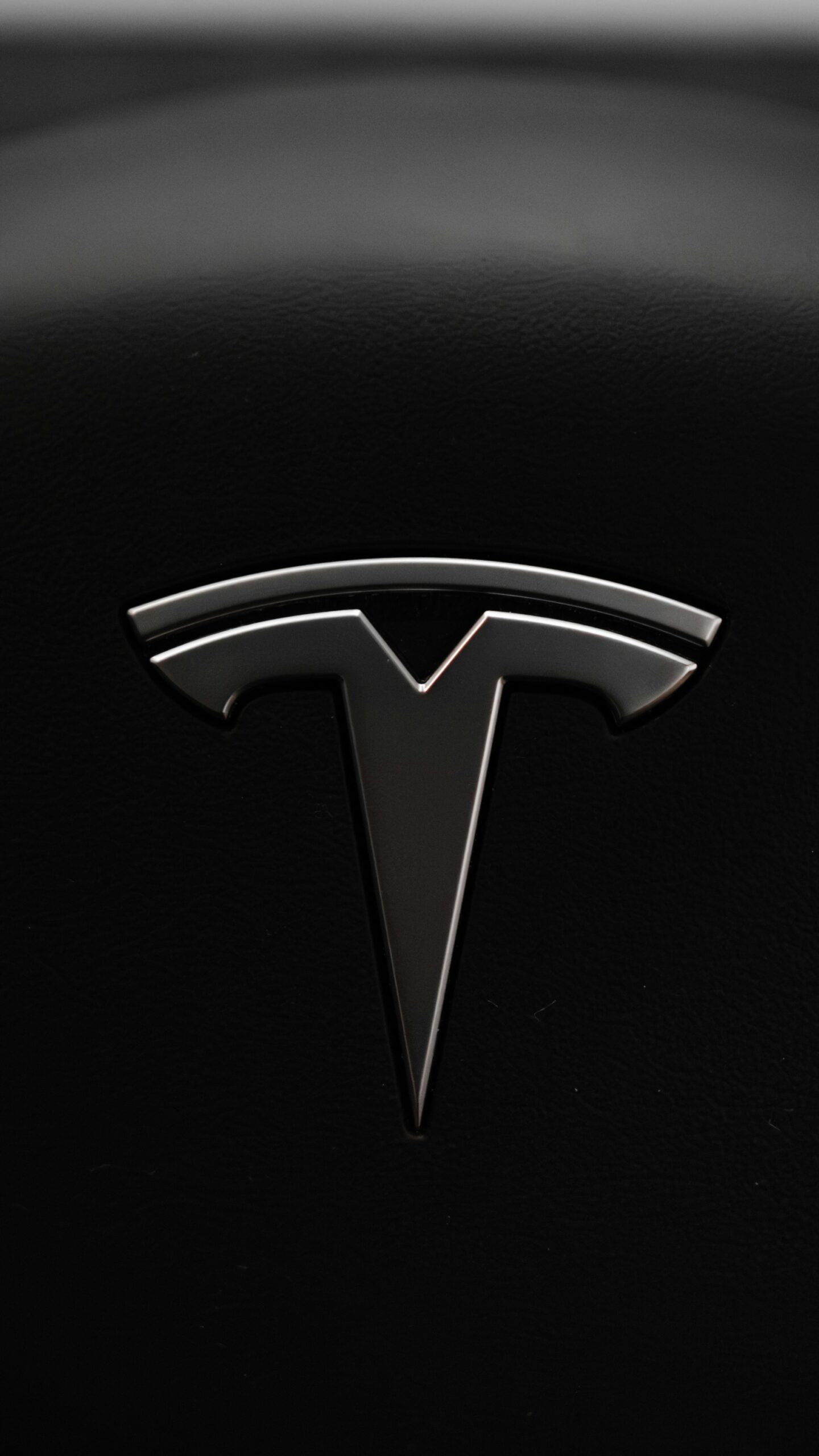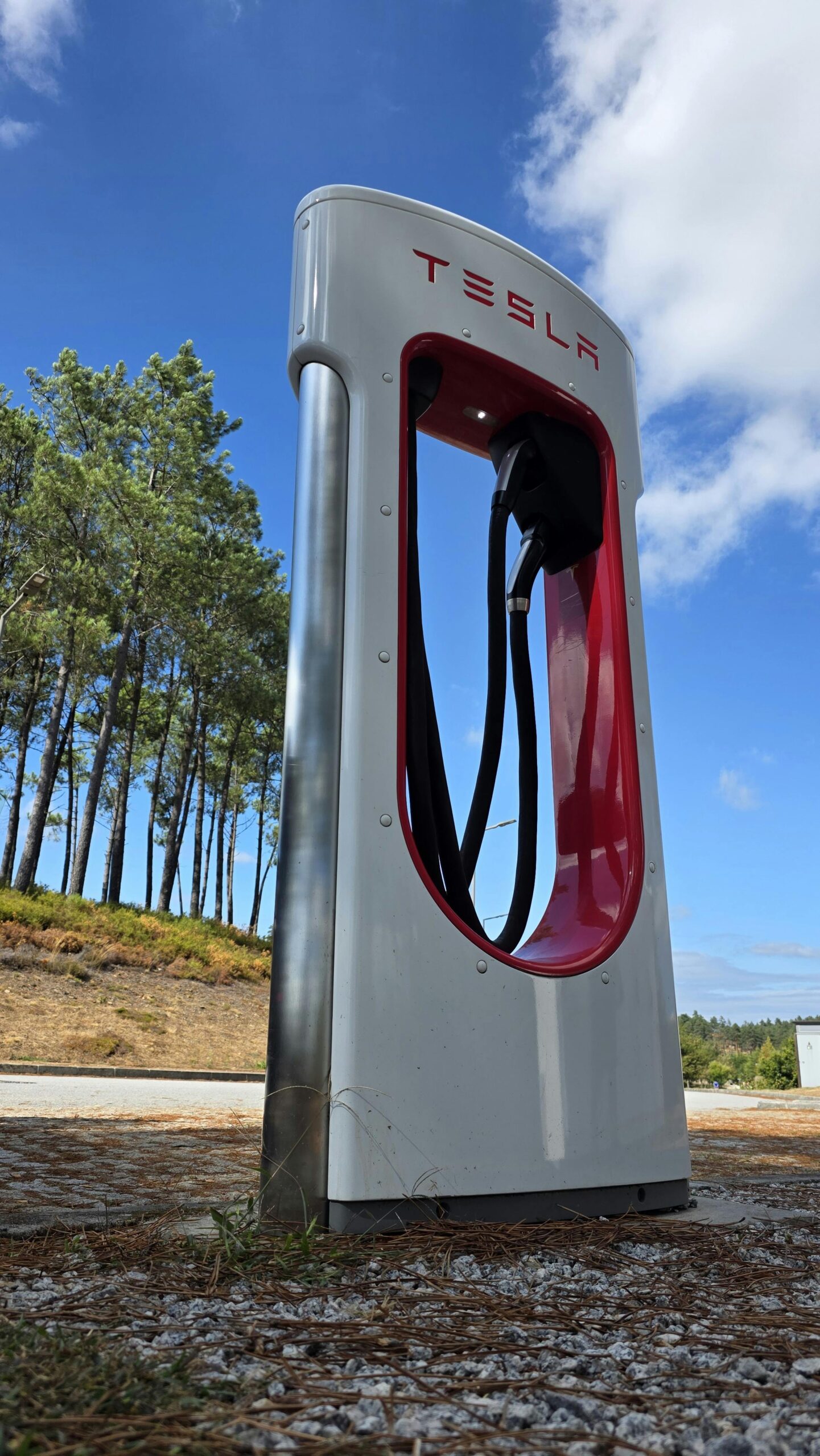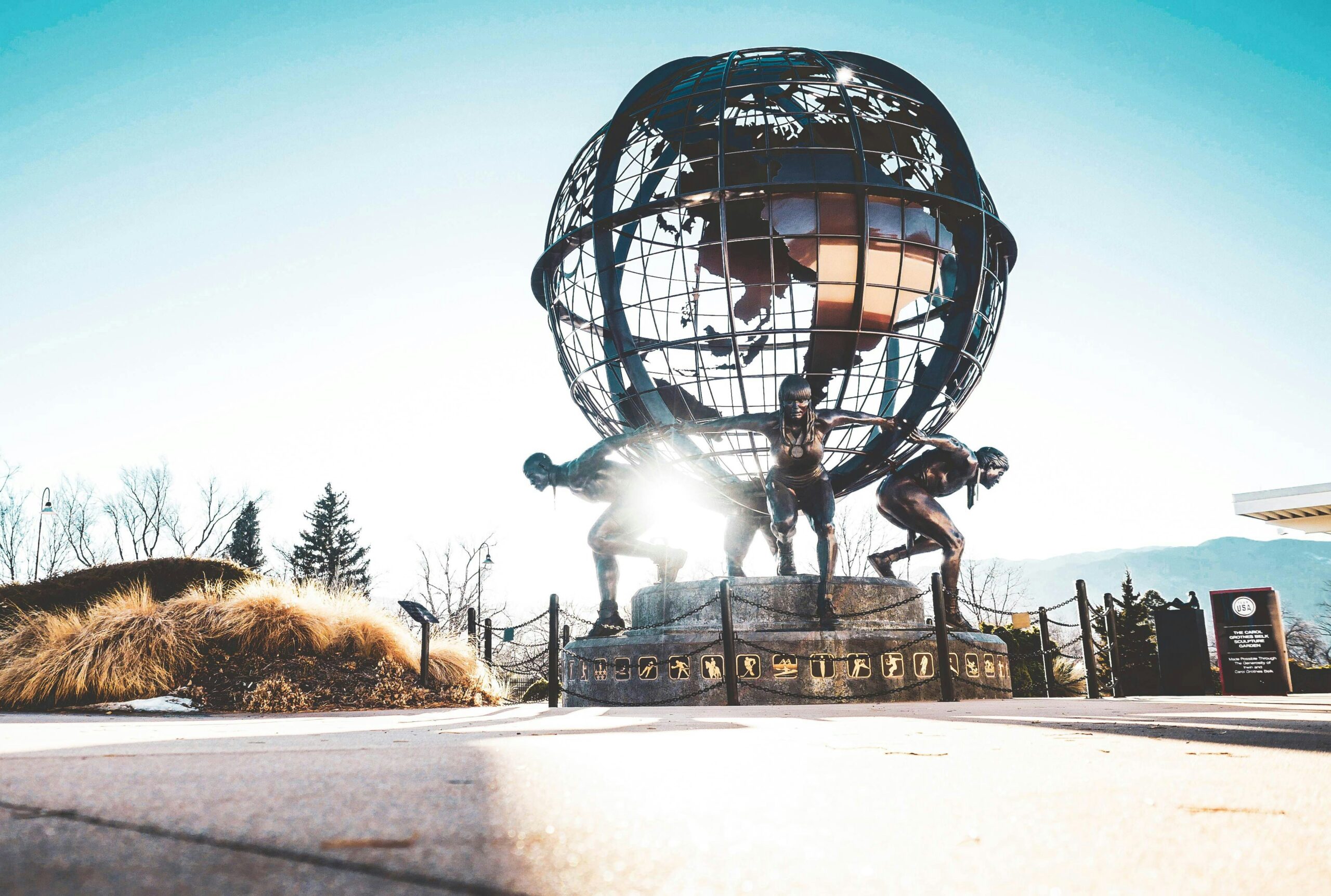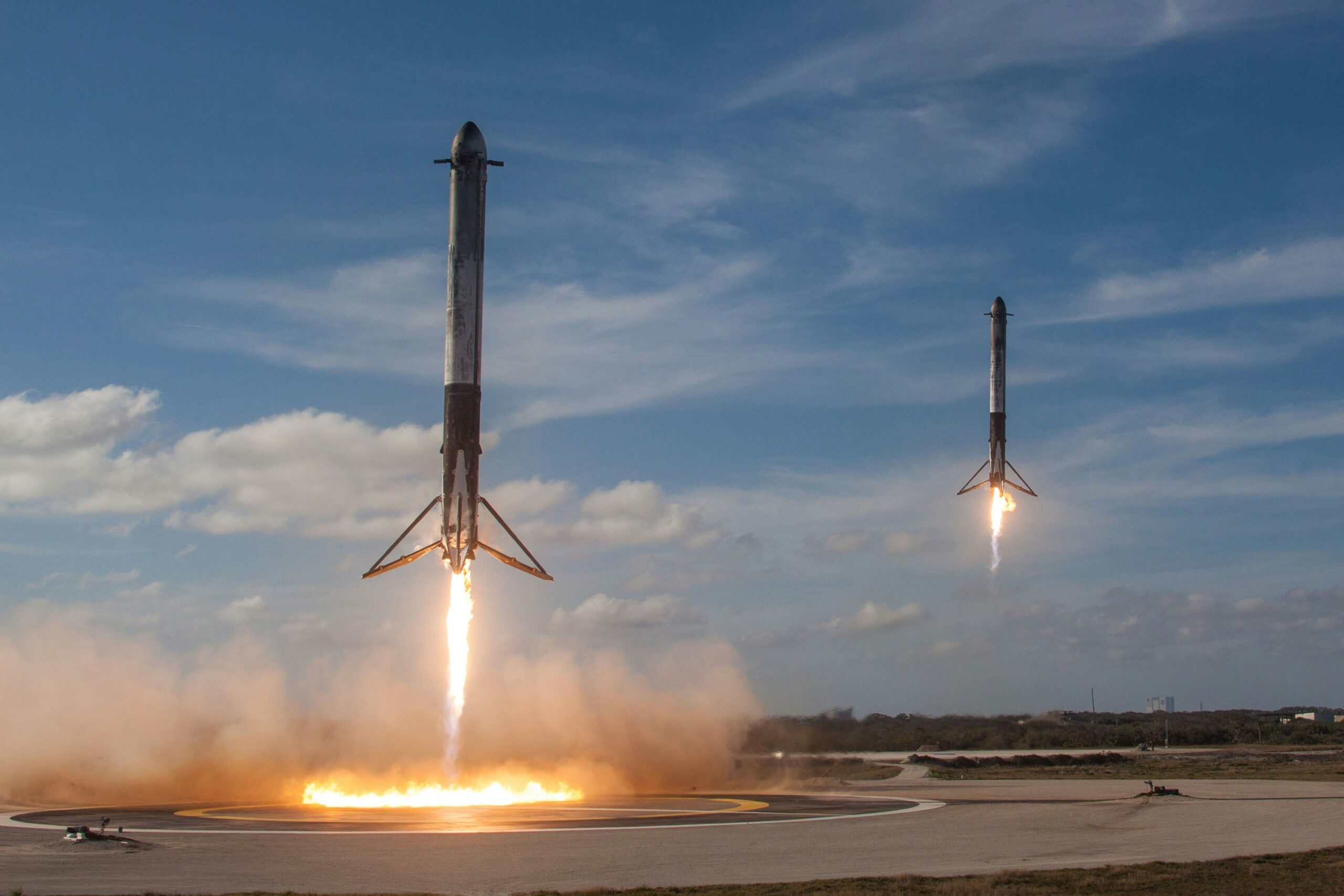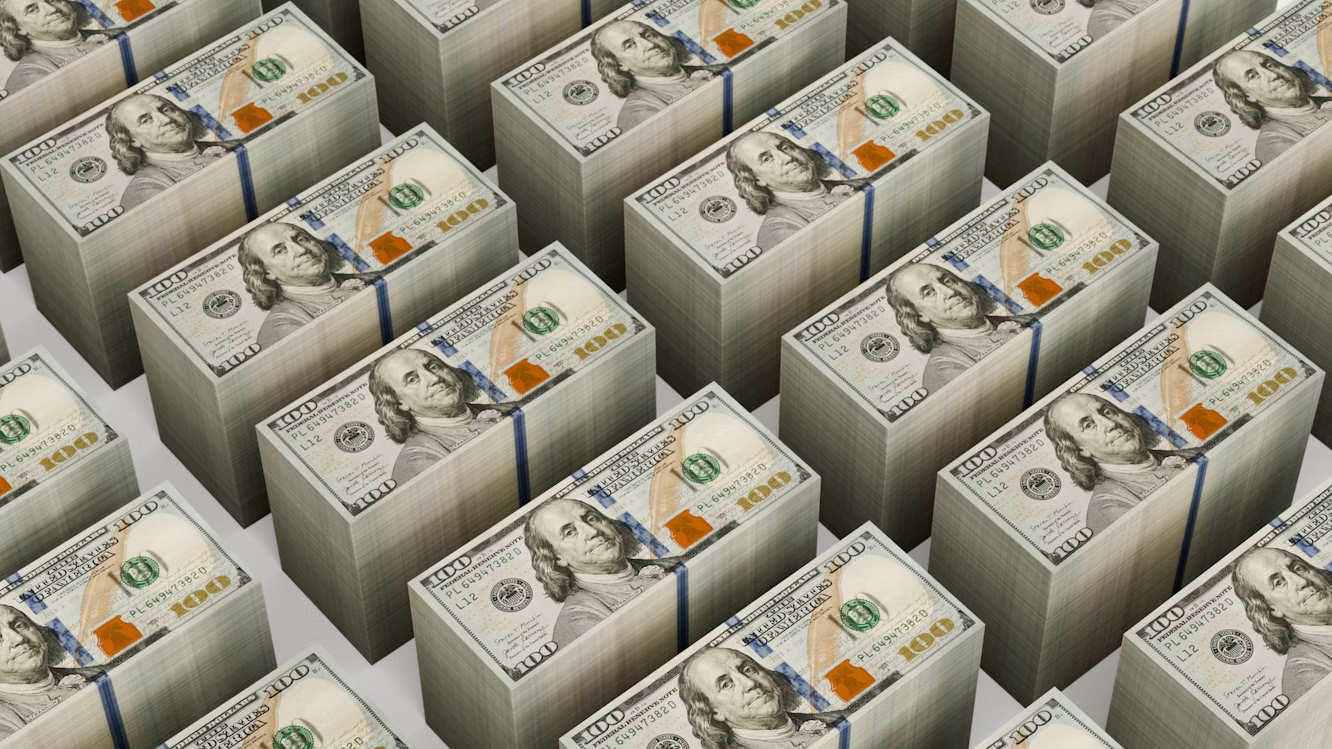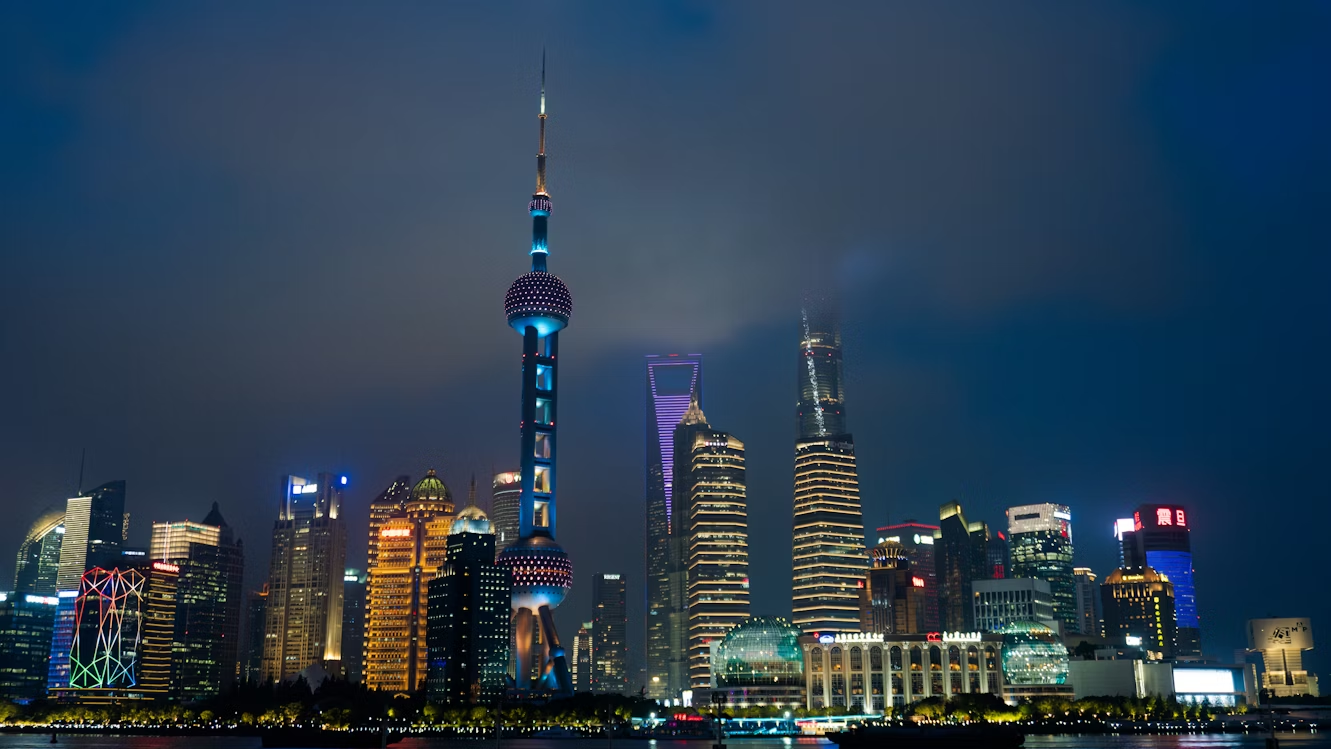Image credits: Pexels
Tesla CEO Elon Musk finds himself in a difficult position. The automaker feels pressure from President Donald Trump’s trade war, while Musk’s deep ties to the White House complicate matters further. As Tesla prepares to report earnings and Musk fields investor questions, he must tread carefully. Maintaining a close alliance with Trump could alienate customers, while stepping away may strain his political influence.
The company reported its steepest sales drop in the first quarter, breaking a streak of consistent double-digit growth. Investors are watching closely, not just for financial results, but also for Musk’s stance on a growing list of issues: tariffs, robotaxis, humanoid robots, and Tesla’s expanding product pipeline.
Investor Confidence Wavers
Dan Ives, an analyst at Wedbush Securities and a longtime Tesla supporter, described the situation as a “code red.” He warned that Musk’s government role is harming Tesla’s brand. “Musk needs to leave the government, take a major step back on DOGE, and get back to being CEO of Tesla full-time,” Ives told CNN.
The ongoing backlash stems from politics and Tesla’s growing competition, especially in China. “It’s turned into a nightmare for Tesla and investors,” Ives said. “The tariffs, the DOGE controversies, the brand damage—it’s been a perfect storm.”
Tariffs Complicate Tesla’s Global Strategy
Tesla may be less exposed to U.S. auto tariffs than other manufacturers, but the company is not unaffected. While most of its cars are domestically produced, and few imported models exist, retaliatory Chinese tariffs have forced Tesla to stop selling its Model S and Model X in China.
“Important to note that Tesla is NOT unscathed here. The tariff impact on Tesla is still significant,” Musk wrote on X.
However, criticizing tariffs too harshly could risk damaging Musk’s standing with Trump, who counts Musk among his top financial donors and close advisors. On the other hand, full-throated support for the trade policy may push Chinese customers further away. In 2024, Tesla made $20.9 billion in China, its second-largest market after the U.S.
Ives warned, “The backlash from Trump tariff policies in China and Musk’s association will be hard to understate.”
Mounting Pressure to Exit Government Role
Tesla’s investors have not stayed silent: several top-voted questions on Tesla’s Q&A site challenge Musk’s political involvement. “Did Tesla experience any meaningful changes in order inflow rate in Q1 relating to all of the rumors of ‘brand damage’?” one asked.
Others pushed further: “Is the Tesla board discussing whether their CEO should focus fully on Tesla and leave gov’t to elected politicians?”
Rumors that Musk would soon step down from his government role briefly boosted Tesla shares after a Politico story broke, but Musk and administration officials denied it.
Missed Promises and Industry Competition
Musk has promised a fleet of self-driving robotaxis and humanoid robots that could make Tesla the world’s most valuable company. He also hinted at launching a ride-hailing service in Austin by June. However, updates have been sparse, and competitors like Waymo have already started offering service in the city.
“It would be a huge negative for the stock if he pushed back the robotaxi plans,” Ives said. “We need to hear good news there because there’s not going to be good news in terms of earnings or what the rest of the year will look like financially.”
Uncertain Road Ahead
The road ahead for Tesla remains uncertain. Sales have declined, protests and boycotts continue, and investors want answers. Musk will need to reassure shareholders and clarify his political intentions.
Whether he can restore investor confidence without alienating key markets may determine Tesla’s direction for the rest of the year.








